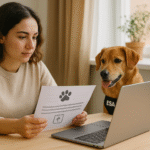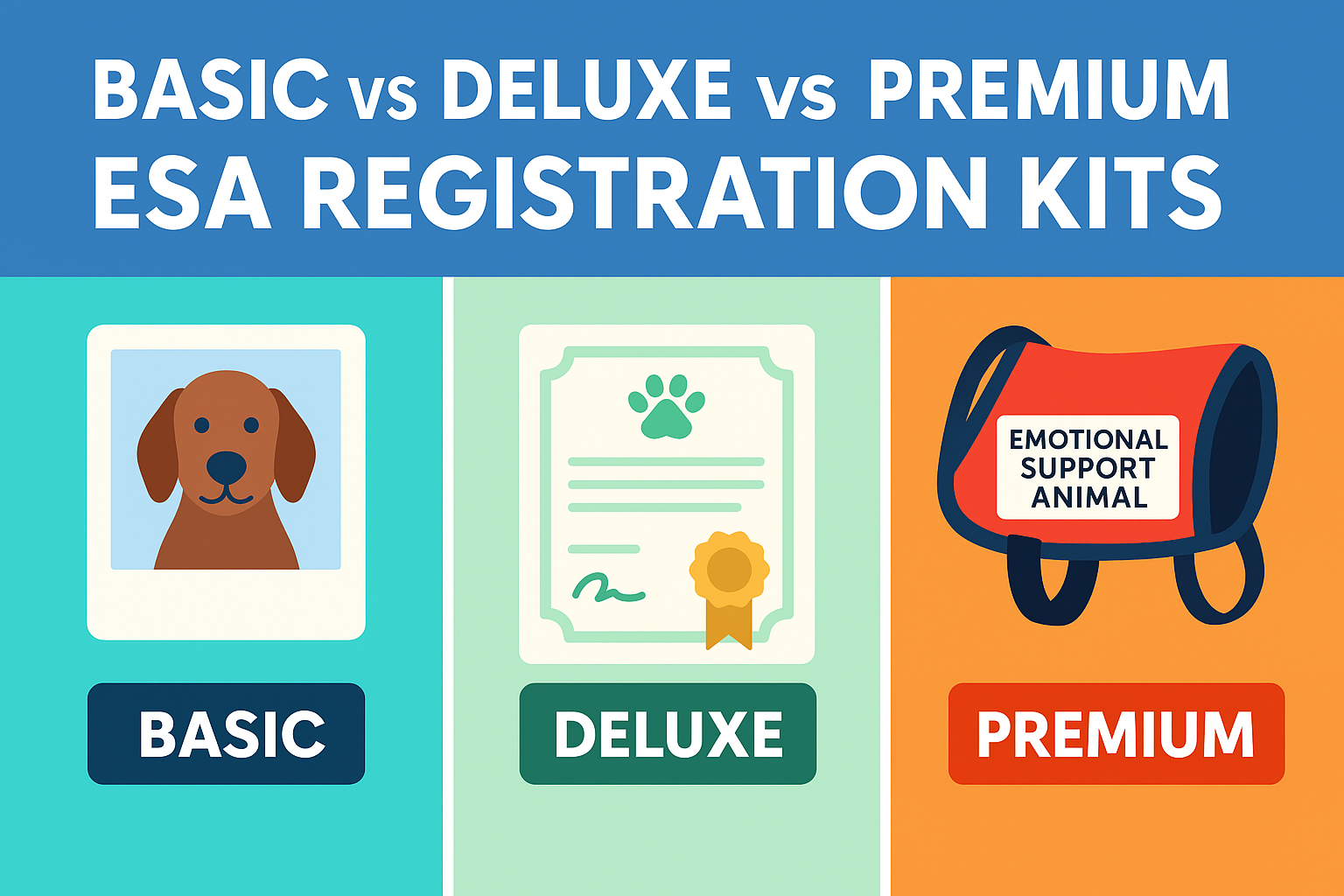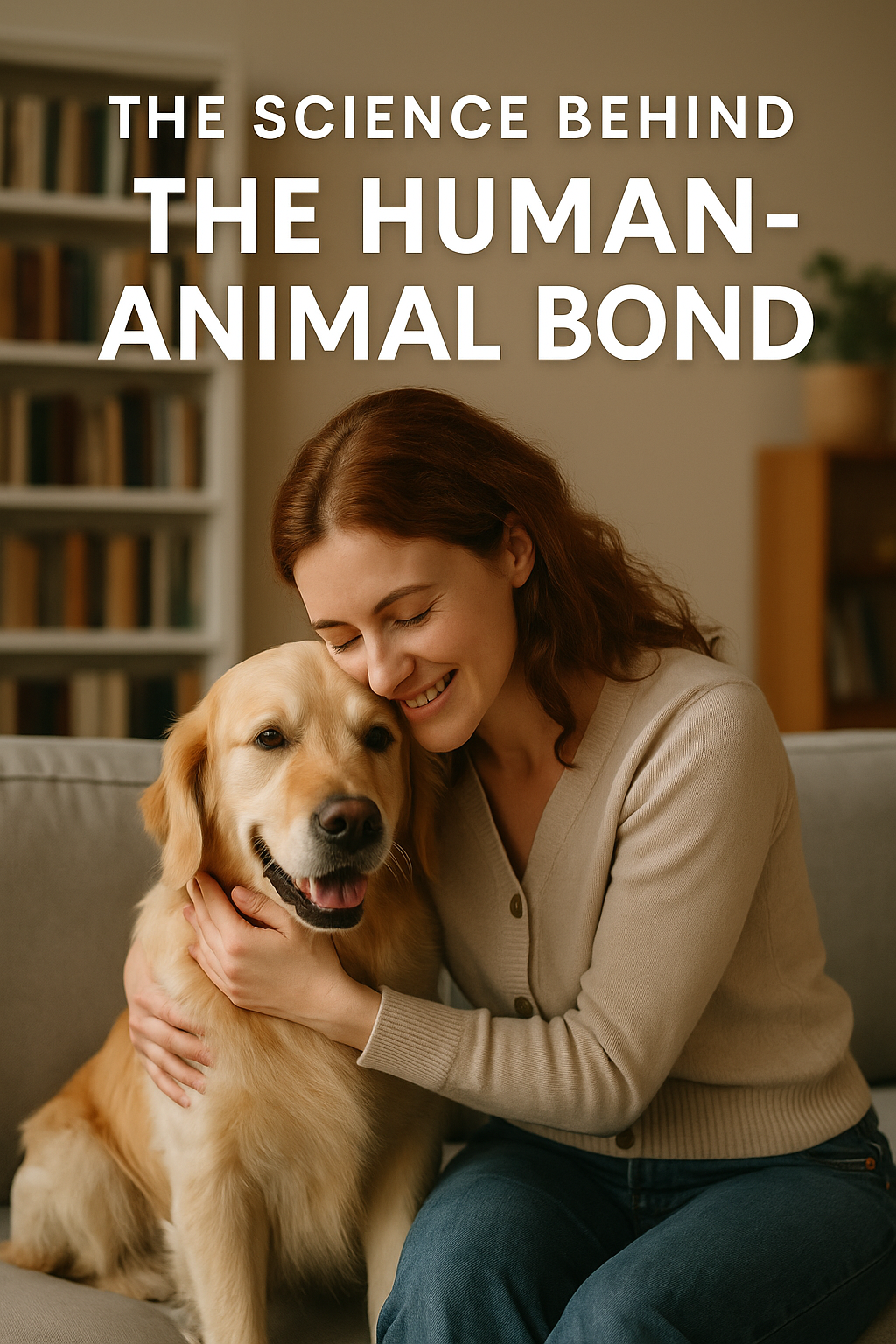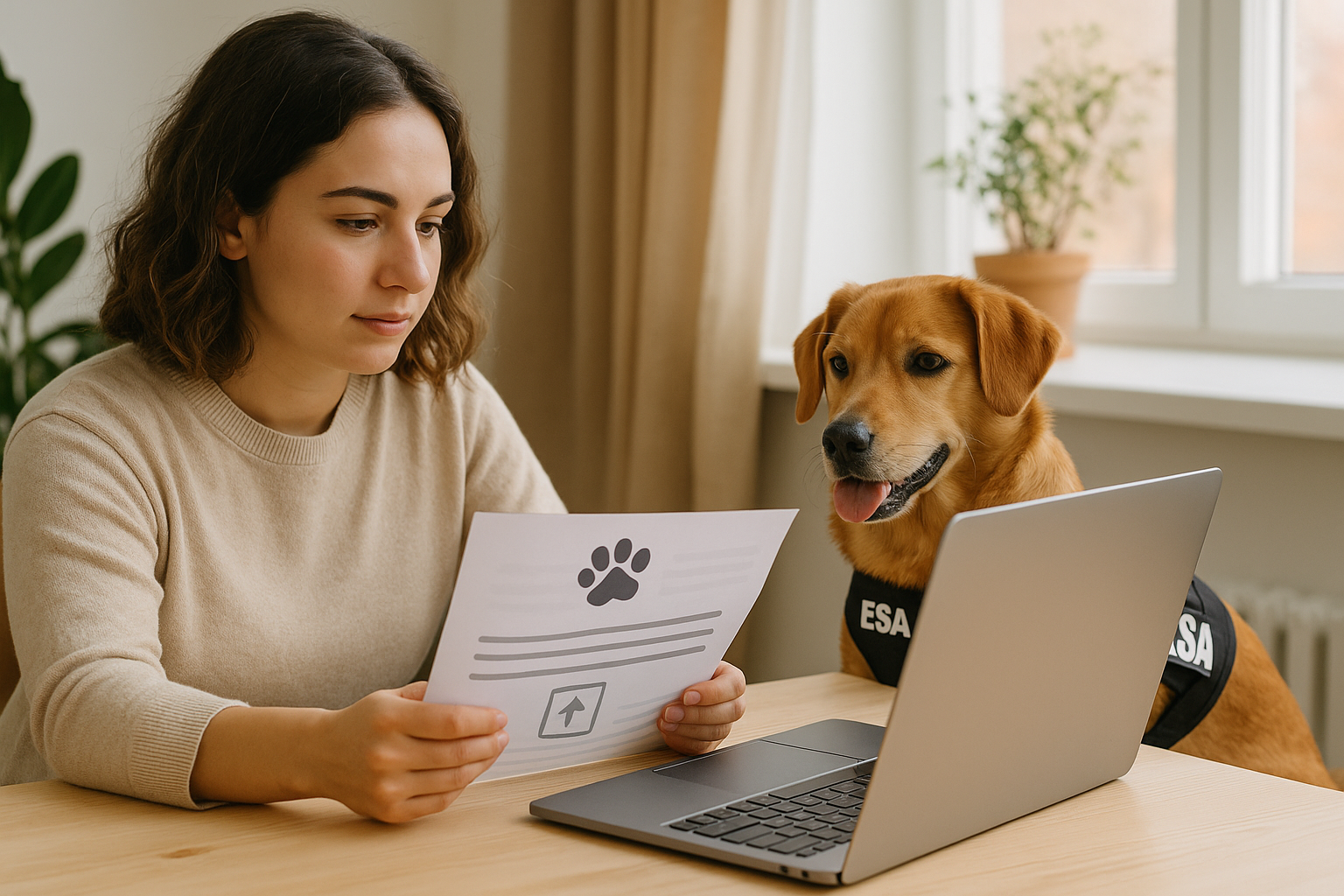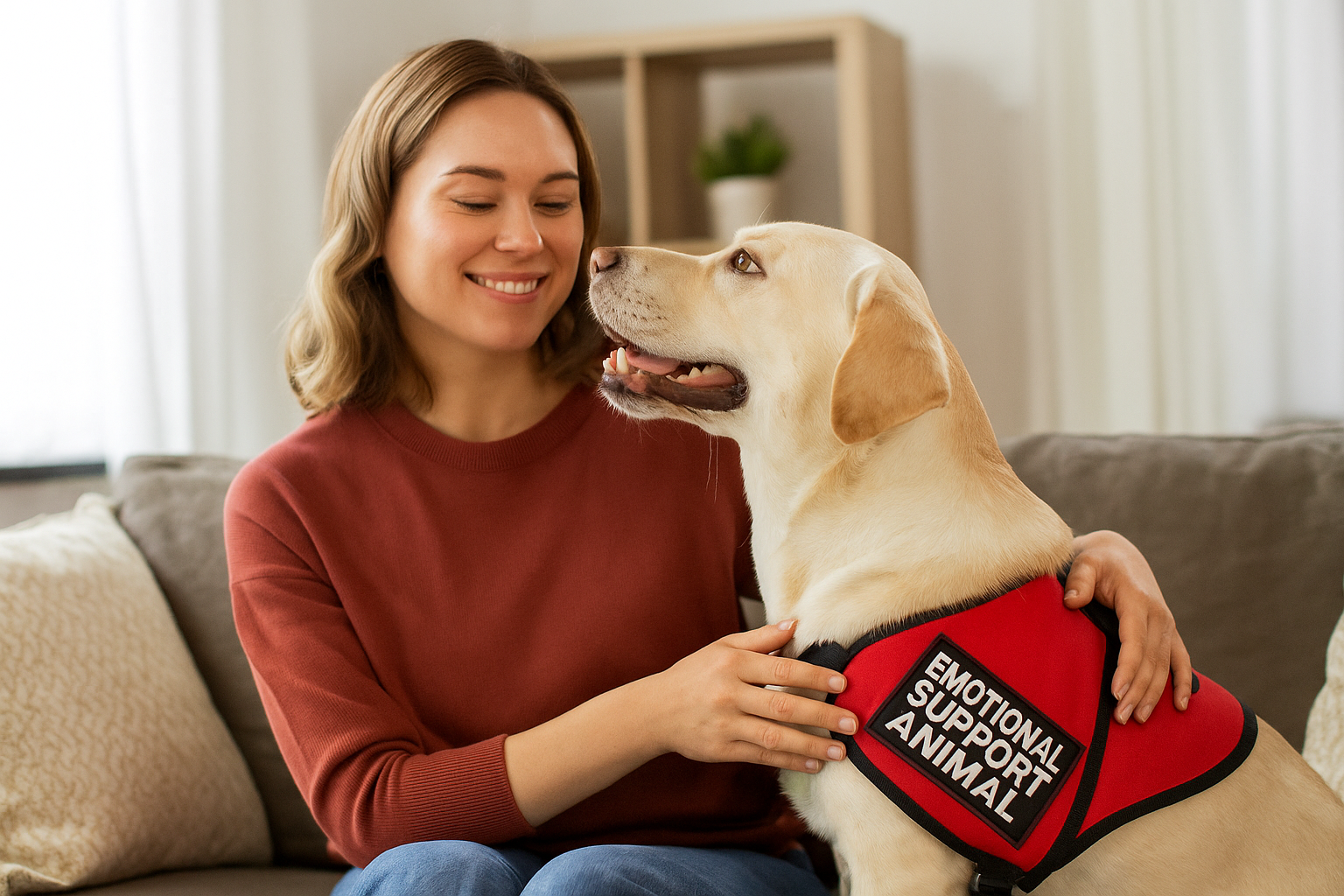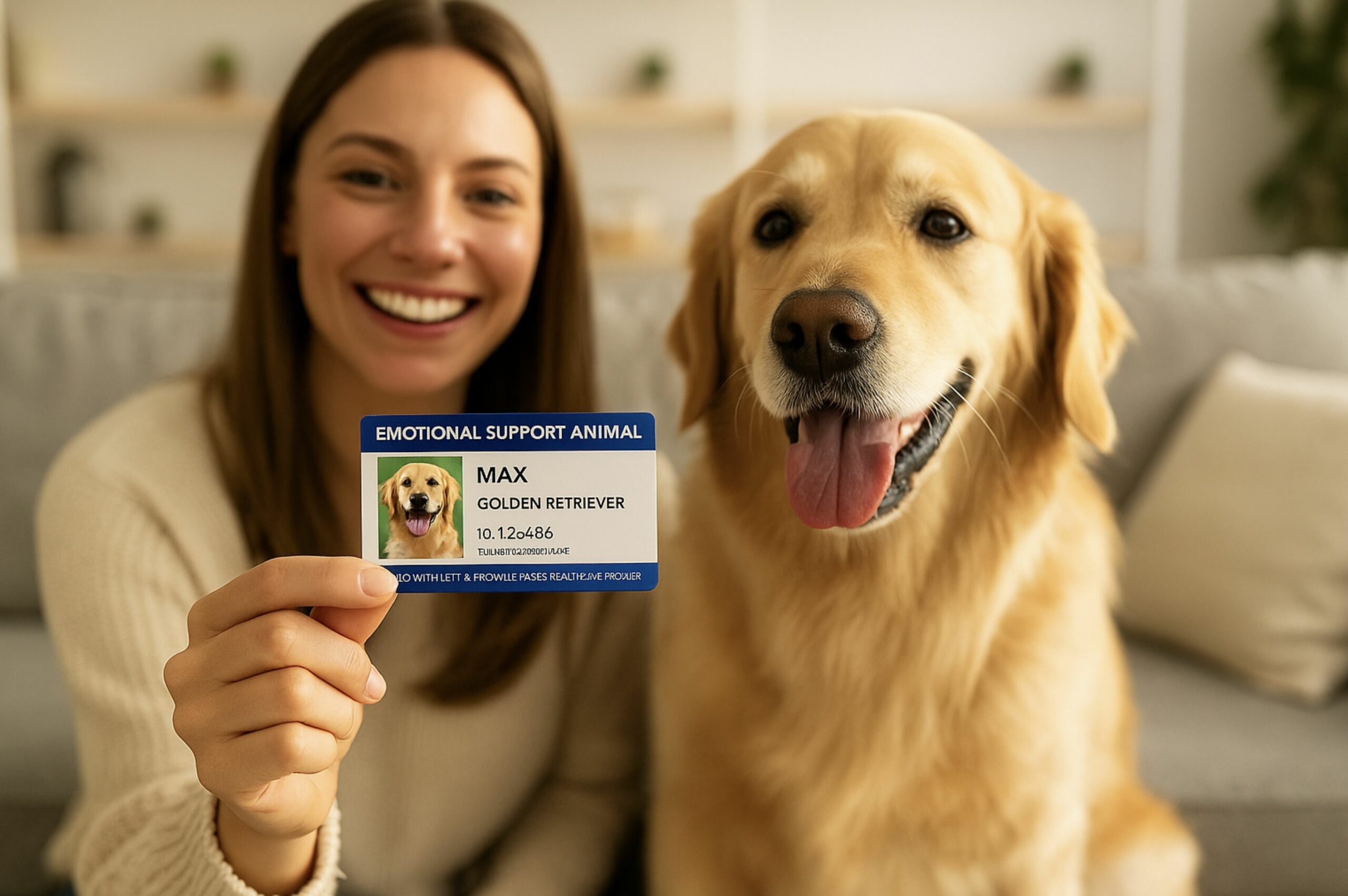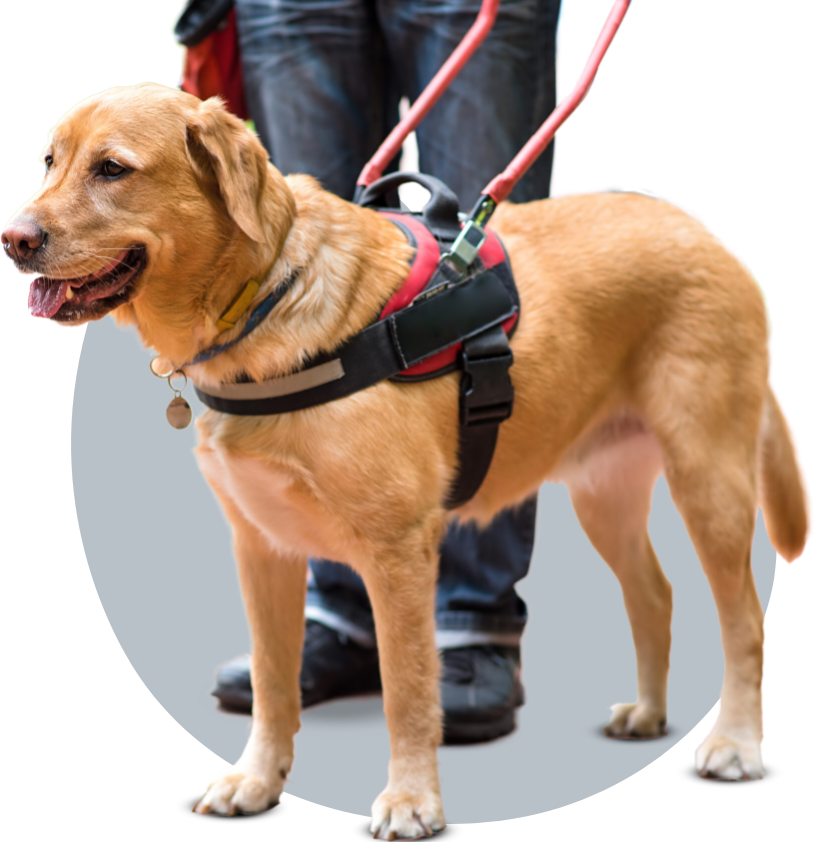How to Conquer Pet Odors in Your Home

Those of us who have an emotional support animal know firsthand that our furry friends are our family members. They bring endless joy. Unfortunately, sometimes they don’t smell so good! As owners, almost all of us are aware of dealing with pet odors in the home. Our pup, Dudley, seems to have a chronic case of “Frito paws”. In addition, the large amount of fur that floats off his chunky, small body on a daily basis is shocking. Here are the best methods for conquering your emotional support animal odors in the home. They’ll help your home smell a lot less like a kennel!
Vacuum Up Hair and Dander
For people who have a pet or emotional support animal that sheds, managing the hair is an endless struggle. We know that it is essential to vacuum the floor, but the truth is, the floor is only the beginning. You must vacuum all the animal hair and dander, wherever it may be hiding. This includes the cushions of your sofa, behind furniture, and in all the crevices and cracks where your emotional support animal likes to hang out. Even if your dog or cat does not shed much, you’ll still have pet dander to deal with.
Wash Your Animal’s Bedding
Does your emotional support animal have its own bed? Its own special blanket? If so, it is likely a major source of animal odor in your home. In case you didn’t know, most pet beds are machine washable. So, make it a routine to clean your emotional support animal bedding minimum once a month and make sure to add 1/4 cup of vinegar with the laundry detergent. To dry the bed, tumble dry in the dryer or allow it to drip dry outside.
Clean Your Dog’s Toys
Like bedding, the dog and cat toys that you’ve been collecting are also a breeding ground for offensive odors. Maybe your dog has wonderful breath, but probably not. A generous coat of dog saliva on the toys will help your home smell a lot like his breath! Scattered throughout the home, they spread the fragrance everywhere. In addition to washing your pet’s bedding every month, toss in the toys, too. Of course, you can wash them by hand in the sink. Just remember to use hot water, laundry detergent, and apple cider vinegar to truly get rid of those stinky smells.
Bathe Them Regularly

Not many dogs aor cats like getting a bath but bathing your emotional support animal routinely will help keep those odors down. Set a reminder on your phone or computer. That way, you won’t forget.
Use Baking Soda
In terms of products that effectively tackle odors in your home, baking soda is on top of the list. It’s a fantastic odor neutralizer. Sprinkle baking soda on your pet’s bed or on your couch cushions (check labels and test in a small discreet area first), let it sit for some minutes, and then vacuum it up.
Don’t Forget Vinegar
Vinegar is also a wonderful natural cleaning choice for more serious pet and emotional support animal odors. It’s easy to use vinegar (diluted with water) in a bottle of spray and then spray on floors or carpets. Or you can use with baking soda on cushions for a strong odor-eliminating punch.
Nature’s Miracle Stain & Odor Eliminator
A terrific product that removes stains and urine odors in your home is Nature’s Miracle Advanced Dog Enzymatic Severe Mess Stain & Odor Eliminator. An enzymatic neutralizer like Miracle of Nature is a great way to spot treat an area and fully remove the odor. Even if you have an emotional support animal that is potty trained, it is always a good idea to keep this kind of cleaner on hand, in case there is an accident.
Citrus and Hydrogen Peroxide
Hydrogen and Citrus peroxide are two other effective ingredients for pet or emotional support animal stains odors. The citrus will work as a natural enzymatic cleaner, and the hydrogen peroxide is a great neutralizer and disinfectant.
HEPA Filter
If you have allergies, a HEPA air filter is another helpful way to minimize allergic reactions to your emotional support animal. This filter is an air-purifying filter that will force air via a fine mesh to trap offensive particles, like pet or emotional support animal dander. You can buy air purifiers with HEPA filters, and there are several vacuum cleaners that come with HEPA filters.
Be Smart About the Litter Box

Cat litter is a biggie, so here’re some tips where the box is concerned:
- Location, location, location, and ensure you place the litter box in the most removed and contained spot in the home, whether that be the basement, bathroom, or even a closet.
- Litter box selection is key make sure that you select a small box that is big enough that your cat does not accidentally go outside of the box, and preferably select one with a cover and filter to aid contain any odors.
- Mix baking soda in the cat’s litter as an additional defense against odor.
- Scoop the litter box minimum once daily, but the more often the best. If this is not possible, consider one that automatically does the work for you (you’ve to remember to empty it minimum once a day.)
- It can sound crazy, but if you have got the space it is suggested that you’ve minimum one litter box per cat.
- Discover the right litter for you and your pet or emotional support animal, try some different brands unless you find one that works great at keeping the smell under control.
Use these tips on a routine basis, and you’ll enjoy a fresher smelling home!


